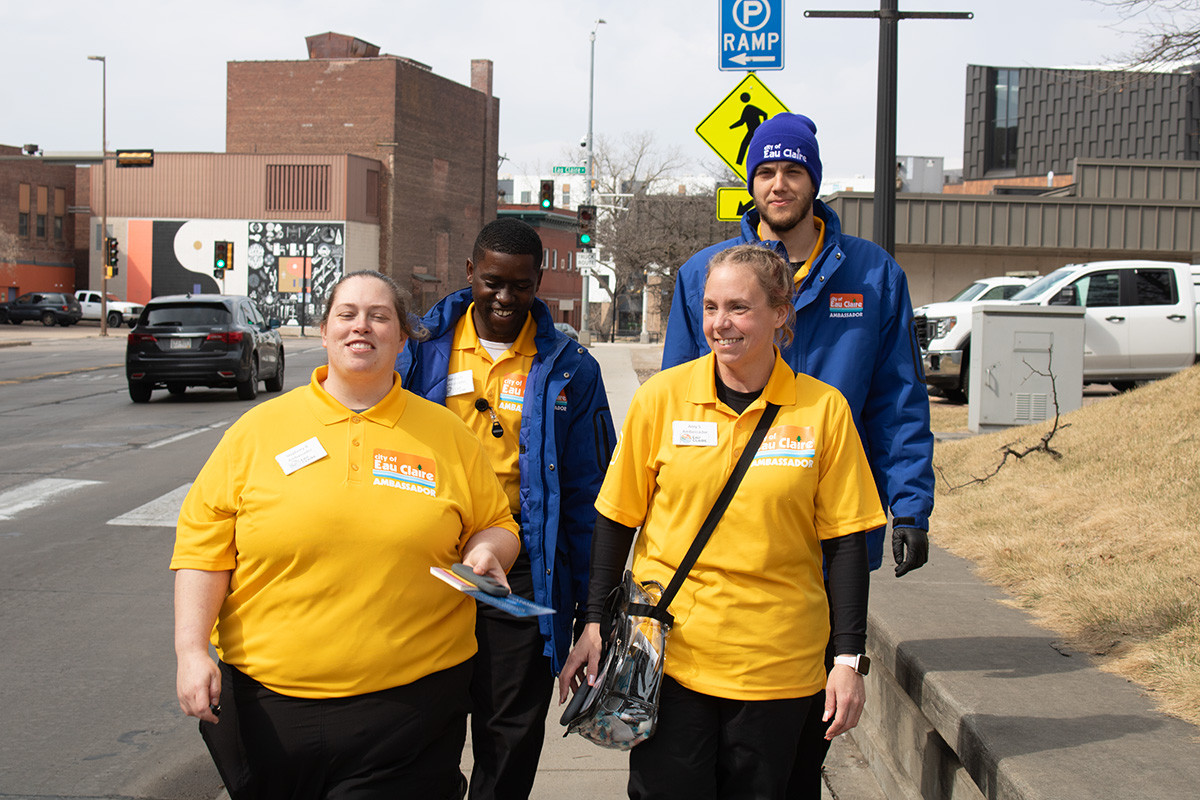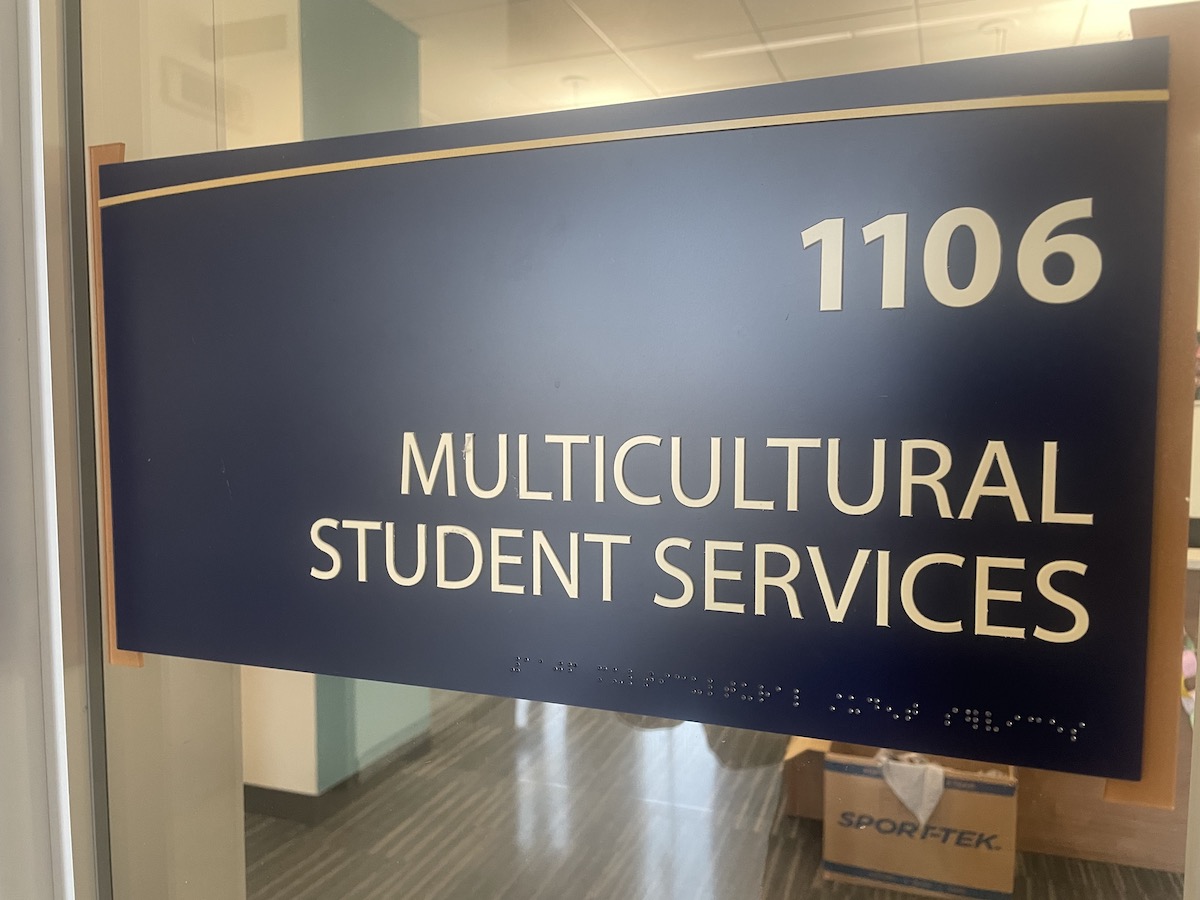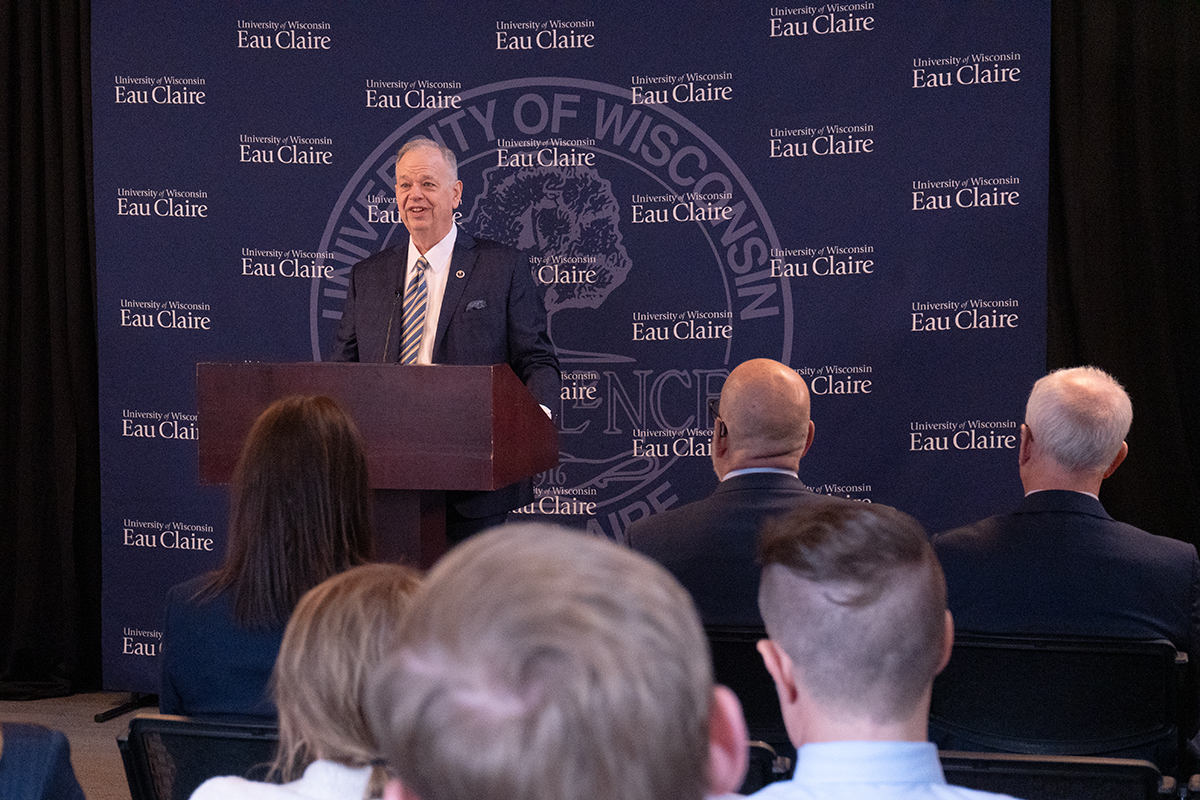When student senators recite the Pledge of Allegiance at the beginning of every Monday meeting, Senator Jacob Boer is not among those standing.
Boer, an atheist, chooses not to stand because of his beliefs about religion and because he does not believe saying the pledge inherently demonstrates patriotism.
| Student Senate Time: 6 p.m. Date: Today Place: Tamarack Room, Davies Center |
“Just because you say it, (it) doesn’t make you a patriot,” he said.
At tonight’s meeting, Boer will introduce a resolution that, if passed by a two-thirds majority, would amend Senate’s bylaws and remove the pledge from the meeting agenda.
Students wishing to express opinions can do so during Open Forum, held shortly after the meeting begins at 6 p.m. in the Tamarack Room of Davies Center.
The resolution has drawn the ire of some senators, including those with military experience.
Senior and former student senator Jeremy Ralston was deployed twice in Bosnia and said he is in stark opposition to the legislation.
“Just because one person might feel uncomfortable doesn’t mean that it should be removed,” he said. “I think it’s one person trying to push their activist agenda in the Senate.”
Tonight’s debate won’t be the first time Student Senate has addressed the topic.
The pledge first was added to Student Senate bylaws and agendas in February 1989 and was challenged seven years later.
According to a 1996 article in The Spectator, Student Senate passed a bill that required all senators to stand during the pledge after Senator Nick Lindeman chose to sit.
If a senator did not stand, the resolution called for that member to “leave the room out of respect for the Senate and members wishing to stand.”
But Student Senate President Aaron Olson said at last week’s meeting that under the current administration, anyone wishing to sit during the pledge would not be reprimanded or asked to leave.
Boer said he always has felt strongly about the issue, but didn’t sit until two weeks ago because he was afraid of getting singled out.
He wondered why although many other government bodies on all levels recite the pledge, University Senate and United Hall Council did not, and he then wrote the current resolution, which has no co-authors.
“Some people think I’m this crazy neo-liberal now,” Boer said, “but I don’t really give much credit to that.”
Boer added he is open to amendments replacing the pledge with another way to honor America, such as a moment of silence.
In 2002, a federal appeals court in San Francisco ruled the Pledge of Allegiance in public schools was unconstitutional and the phrase “under God” violated the separation of church and state.
It was appealed to the U.S. Supreme Court, where it was thrown out in 2004.
Boer said if the vote was held in secret ballot, he believed it would pass.
“There are people who feel very strongly about this, and there are other senators out of respect for them (who) would be willing to keep it,” he said.
Ralston added that although he opposes the resolution, he does not object to Boer sitting during the pledge.
“I would completely support him not standing,” he said. “That’s a freedom he enjoys, because members of the military go out and risk their lives for people like him.”






